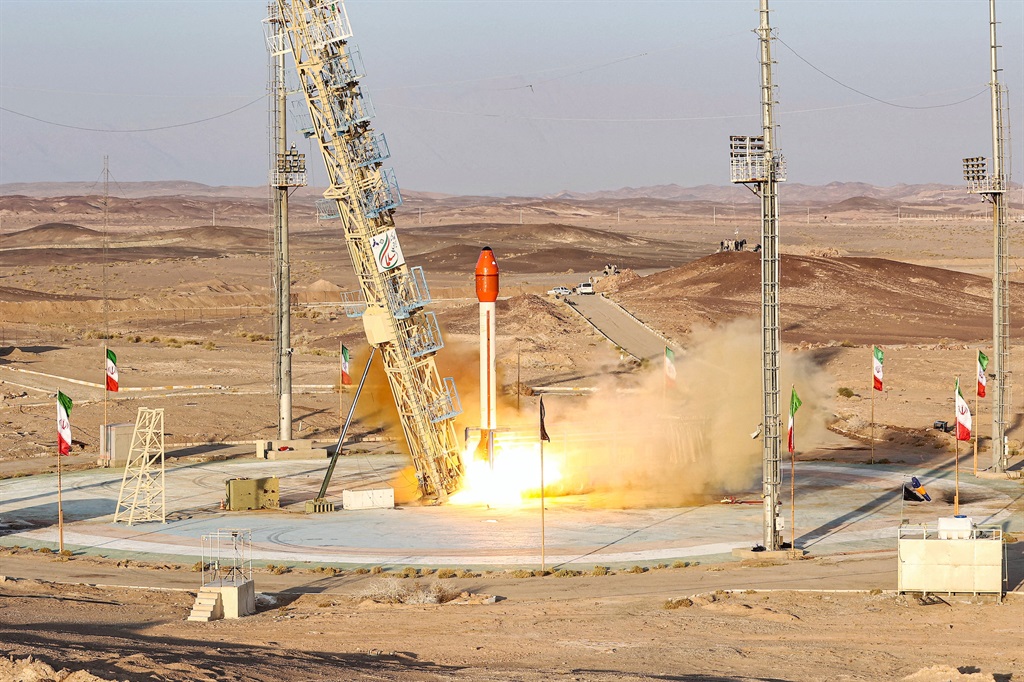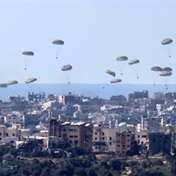
- Iran sent a capsule meant to carry living cargo to a height of 130km.
- It describes that as a step towards sending humans into space.
- The West would prefer it not to develop technology also capable of delivering weapons over long distances.
Iran has launched a capsule designed to carry living beings in a step towards sending astronauts into space, state media reported Wednesday -- the latest test of aerospace technology criticised by the West.
The capsule was successfully sent up to a height of 130 kilometres, the IRNA news agency quoted Telecommunications Minister Issa Zarepour as saying.
He said the launch of the 500kg capsule on a new class of domestically built space rocket named "Salman" could pave the way for a human spaceflight.
It was not immediately clear if live animals were in the capsule, whose launch came 13 years after Iran sent turtles, a rat and worms into space.
The United States, along with several other Western countries, has repeatedly warned Iran against space launches, saying the same technology can be used for ballistic missiles, including ones designed to deliver a nuclear warhead.
Tehran has struggled with several satellite launch failures in the past, and the successful launch of its first military satellite into orbit in April 2020 drew a sharp rebuke from the United States.
In September this year, the Islamic Revolutionary Guard Corps, the ideological arm of Iran's military, launched a new military imaging satellite into space.
Iran has always denied any ambition to develop nuclear weapons, insisting that its satellite and rocket launches are for civil or defence purposes only.
Tehran has been under tough US sanctions since Washington's 2018 withdrawal from a landmark nuclear deal between Iran and world powers.
The accord, formally known as the Joint Comprehensive Plan of Action or JCPOA, granted the Islamic republic sanctions relief in return for curbs on its nuclear activities aimed at preventing the country from developing an atomic warhead.




 Publications
Publications
 Partners
Partners
























